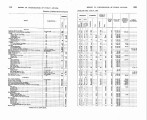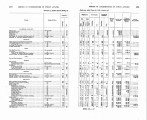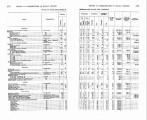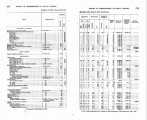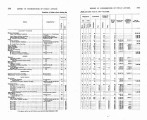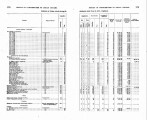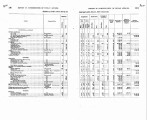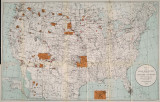| OCR Text |
Show 118 REPORT OF COMMISSIONER OF INDIAN AFFAIRS. the direction of the Commissioner of the General Land Office, this office made recommendation on July 30,1908, which was approved by the department on August 3, that the Land Office be instructed to enter into a contract for the survey of the western line of the reserva-tion and of the nnsnrveyed part of its northern boundary as above set out. These boundaries have been in dispute for some time, and the , Forest Service, as well as this office, is anxious to have them definitely fked.by an authorized survey. THE ABSENmE UTES. ~ In my reports for 1906 and 1907 accounts were given of the depar-ture of some Utes 'from their reservation in Utah, their wandering in Wyoming, their surrender to the military and their settlement on ! four townships of land in the northwestern part of pasture No. 2 on the Cheyenne River Reservationin South Dakota, where they again passed under the jurisdiction of this office. I : Work was at once offered them on generous terms on the Santa Fe Railway System, all able-bodied men to he employed and their fami- I lies to be comfortably provided for at no cost for house rent, fuel or water, and with commissary supplies furnished at wholesale prices. They refused, because the work was so far away that they could not take their ponies with them. They were advised to do a3 other citi- 2ms would, and sell the ponies if these were an obstacle in the way of their self-support; hut all such suggestions were treated with scorn. ht'er they were offered work on the Chicago, Milwaukee and St. Paul Railway System, little more than 100 miles distant, with the promise that their ponies should be cared for in a large pasture attached to the Rapid City Indian School and that their children should be placed in that school, where they would be within a few miles of their parents, who could easily visit them. This offer they rejected with thecontemptuous remark that "work was all right for the Sioux Indians, but the Utes were ' government people ' and the Government would support them." Special United States Indian Agent Thomas Downs, then in charge of the Cheyenne River Reservation, did his best to induce the Utes to change their attitude. He had just succeeded in bringing about a good state of feeling among the Sioux, and it was particularly try-ing that the Utes should set the Sioux so bad an example of resistance to the Government's benevolent effort to improve their condition. Meanwhile, under instructions from this office, he had cut down the Ute rations one-half, and had carefully explained to the absentees that such a reduction was because the fund from which they had been supplied was practically exhausted, and that I was unwilling to trench on the money which belonged to the other Utes who had respected the wishes of the Government and remained at home. |













































































































































































